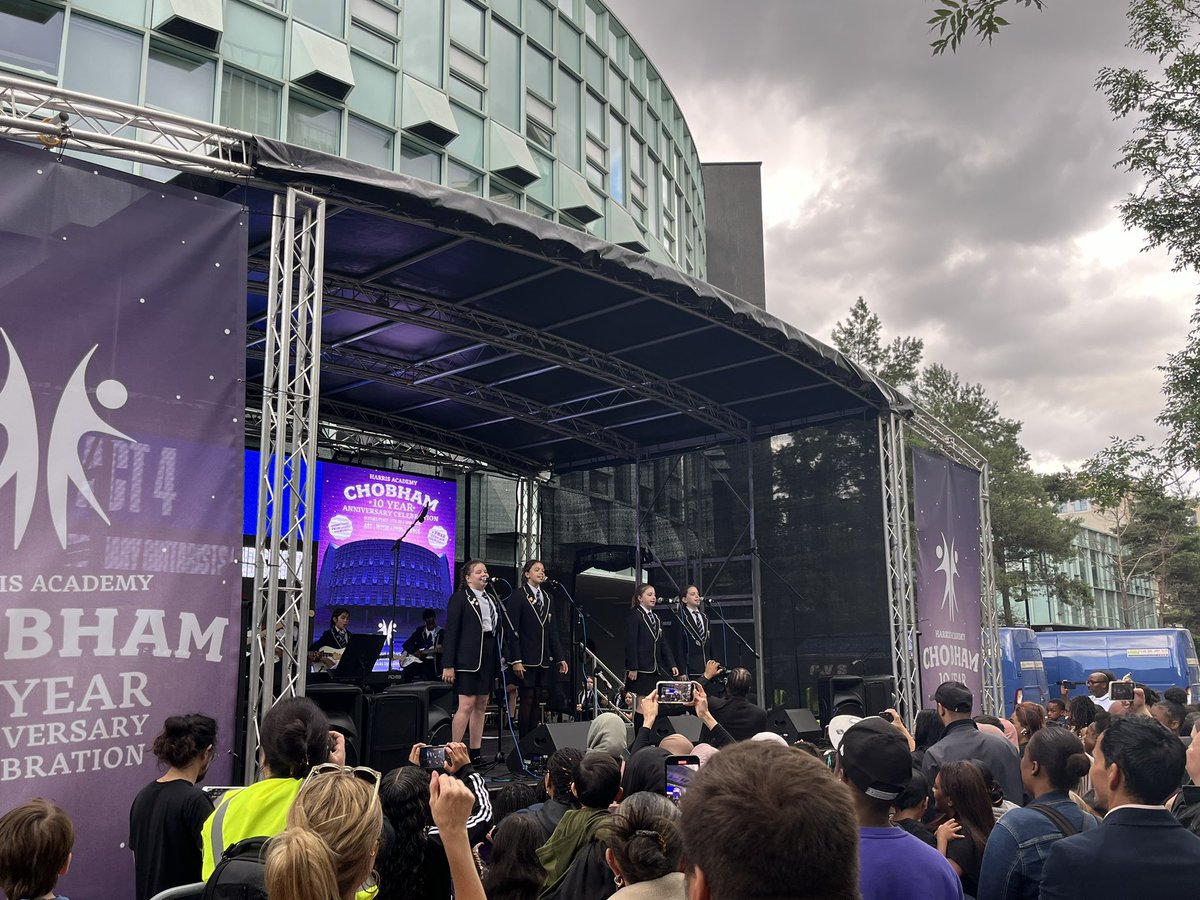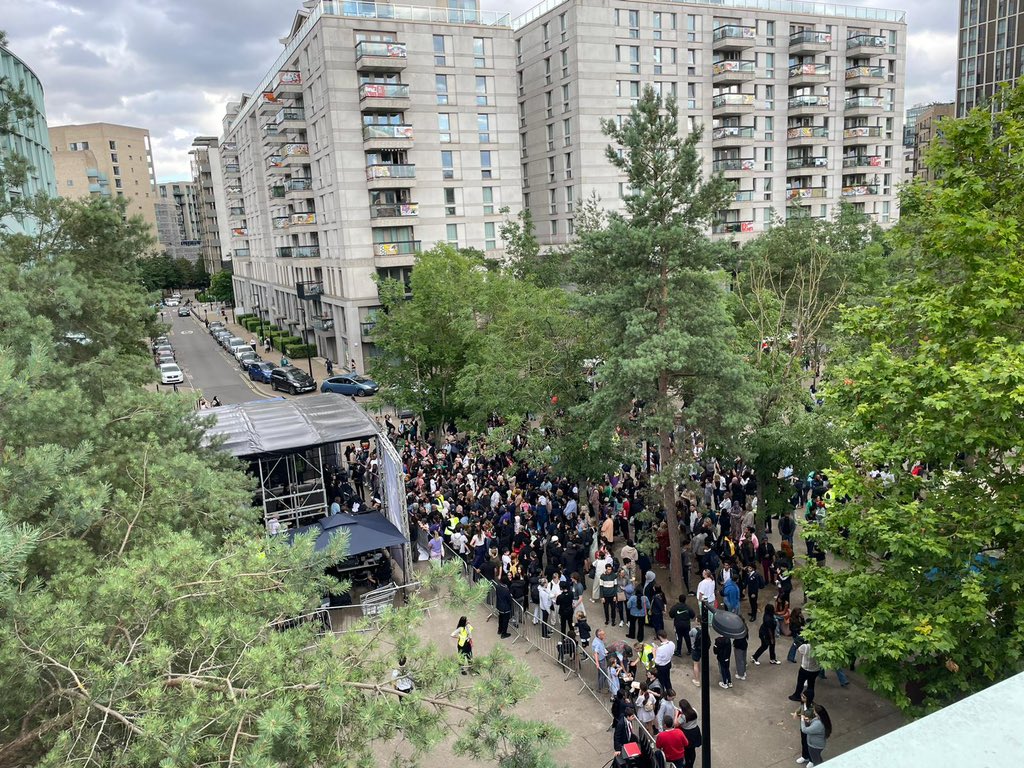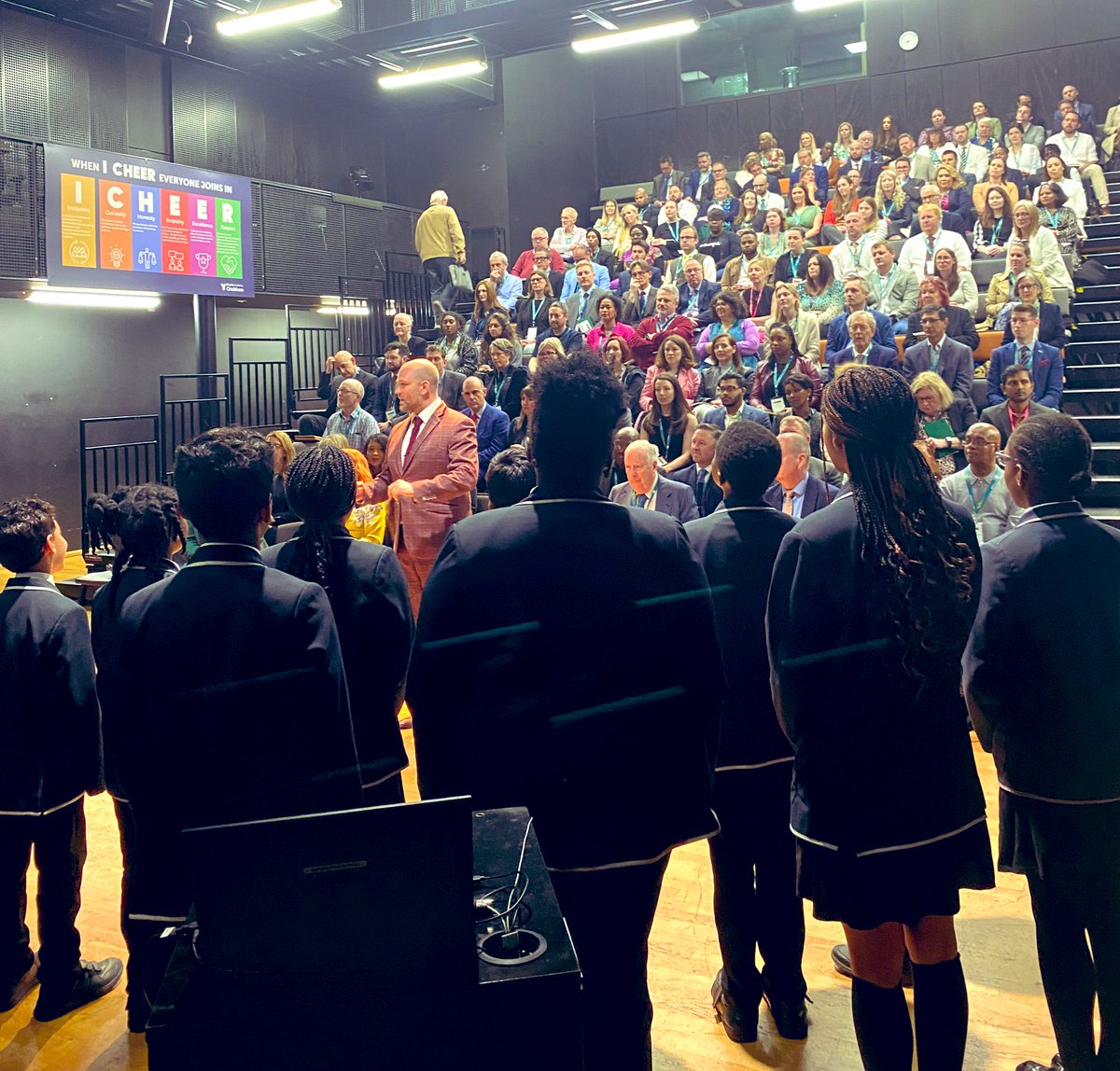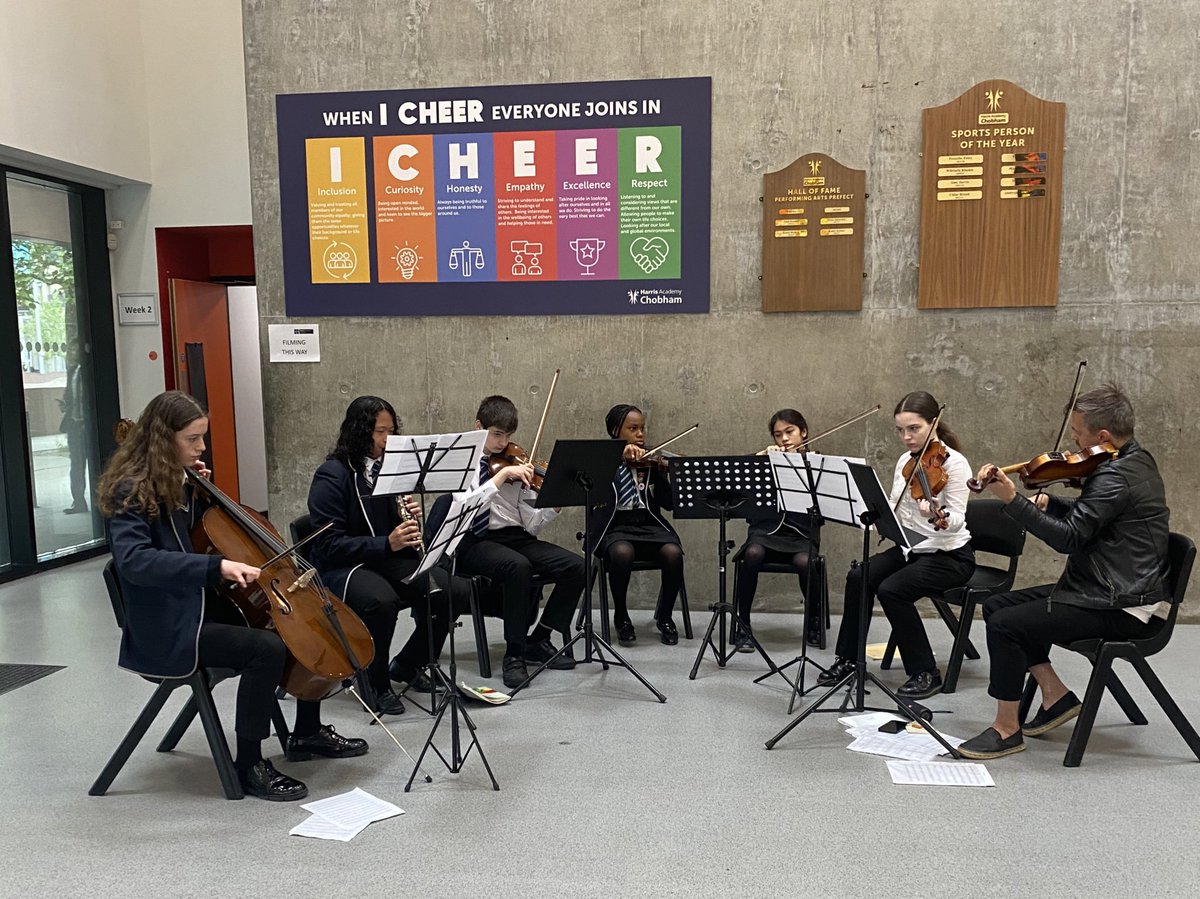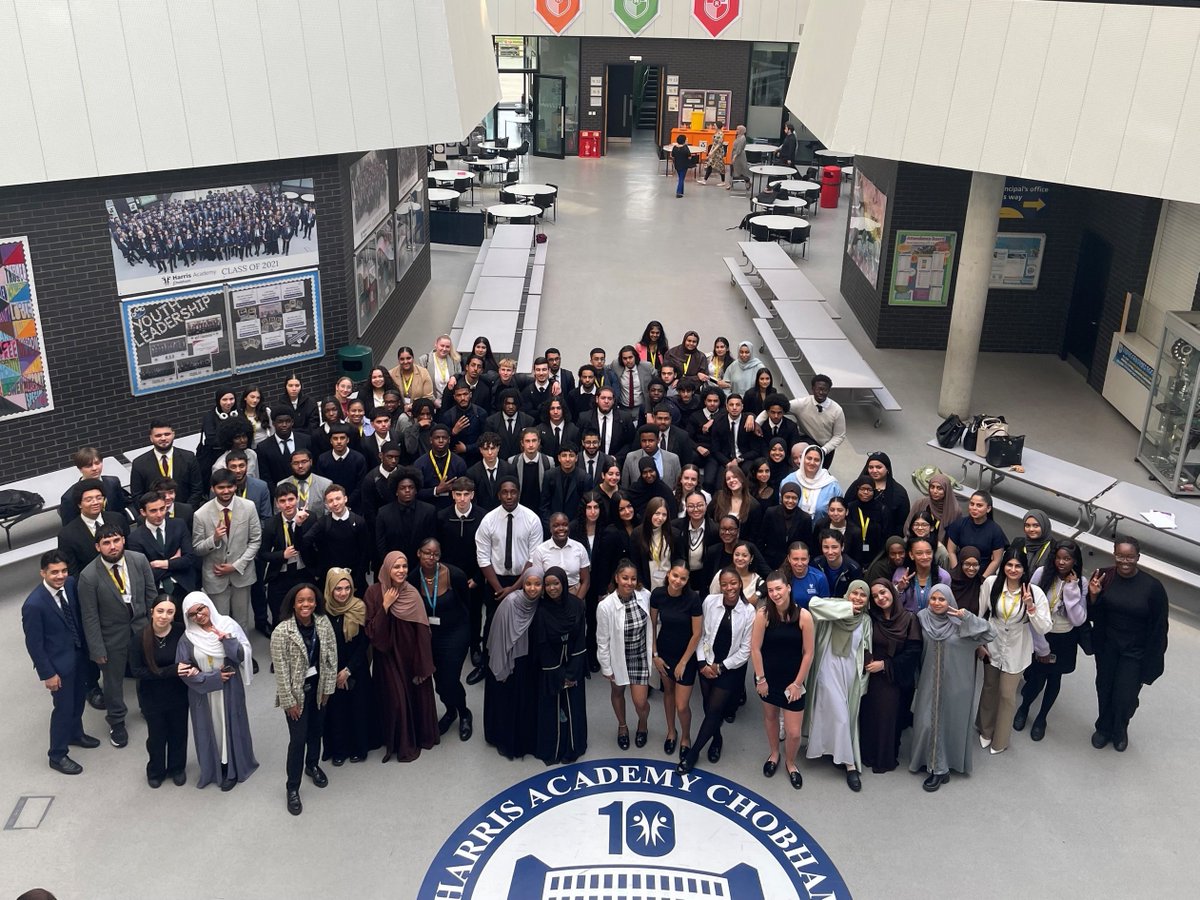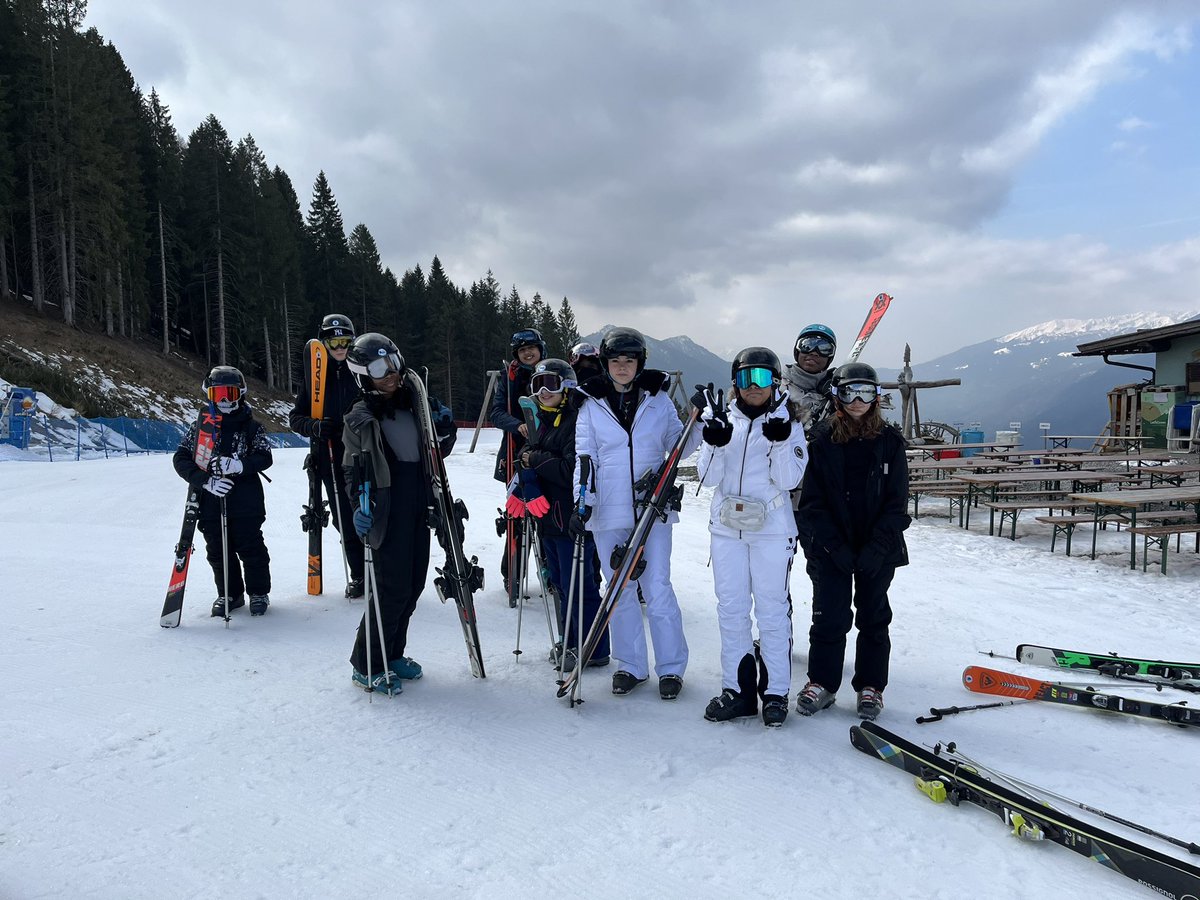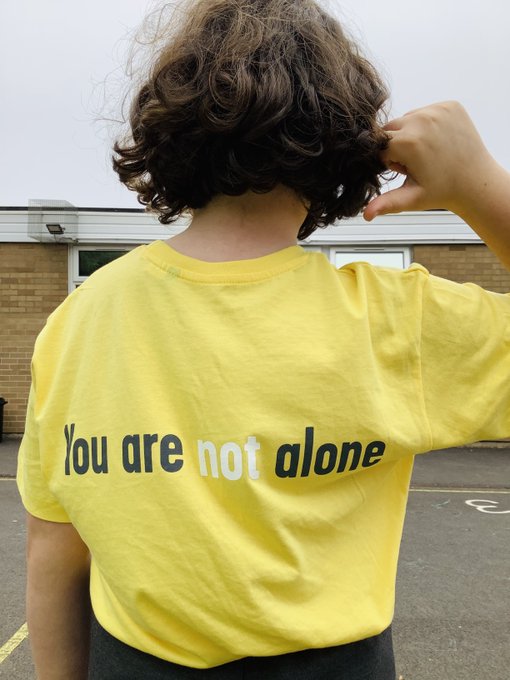Computer Science
Intent – why do we teach what we teach in Computer Science?
Computer Science will be at the centre of the UK economy for decades to come. It is estimated that the UK will create an additional 1.8 million digital related jobs by 2025. This creates huge opportunities for young people and the Computer Science department across the school aims to provide our students with the knowledge and skills to fill the digital jobs of the present and future. To do this, it is our intention, through the Computer Science curriculum, to develop the following the following skills and dispositions in our students:
- instill critical thinking and reflective learning
- teach pupils to become responsible, respectful and competent users of data, information and communication technology.
- develop an enquiring mind, keen to learn new things and try out new techniques
- the ability to problem-solve, to experiment and to work out solutions when they are not easily attained
- an appreciation of the wider role of IT in society and the ethical and practical opportunities and challenges this presents
- creativity, the art of crafting programs that exploring diverse methods to design solutions that are not only logical but also visually captivating and user-friendly. It embraces the idea that there are countless ways to tackle challenges, inviting innovation and imagination at every turn.
- effective written and oral communication skills.
Online safety plays a huge part of the computing curriculum as we intend for our pupils to be able to confidently use technology safely, respectfully and responsibly; recognise acceptable/unacceptable behaviour and identify a range of ways to report concern about content and contact. The curriculum provision incorporates the government’s framework ‘Education for a Connected World’ which equips children and young people for digital life.
Implementation – how do we teach Computer Science?
Coding and programming skills are embedded from Year 1 up until the end of KS5. Pupils will leave the primary phase being able to design, write and debug programs that accomplish specific goals, including controlling or simulating physical systems and also to solve problems by decomposing them into smaller parts. They will be able to use sequence, selection and repetition in programs; work with variables and various forms of input and output; use logical reasoning to explain how some simple algorithms work and to detect and correct errors in algorithms and programs. In addition, they will understand computer networks, including the internet; and how they can provide multiple services, such as the World Wide Web, and the opportunities they offer for communication and collaboration.
By the end of KS3, all students are expected to be capable computer scientists. At KS4 students are taught the required programming skills using Python to read and develop real world algorithms with sequencing, selection and iteration. Students become comfortable using different data structures in their programmes ranging from simple lists for sorting and searching algorithms to complex graphs for pathfinding algorithms. Students also have the chance to complete a programming project to showcase their programming skills and produce a polished and functional computer programme.
Pupils at Chobham become proficient users of information technology, with the skills to use search technologies effectively, appreciate how results are selected and ranked, and be discerning in evaluating digital content. The intent is for all pupils to additionally be able to select, use and combine a variety of software (including internet services) to design and create a range of creative projects that involve selecting, using, and combining multiple applications, preferably across a range of devices, to achieve challenging goals, including collecting and analysing data and meeting the needs of known users.
With so many digital jobs available at present and so many predicted to be available in the future we then encourage our students to pursue Computer Science as an academic route at Higher Education and hope to produce computer scientists, software developers and cyber security experts of the future.
Documents
| Computer Science Curriculum Map | Download |
